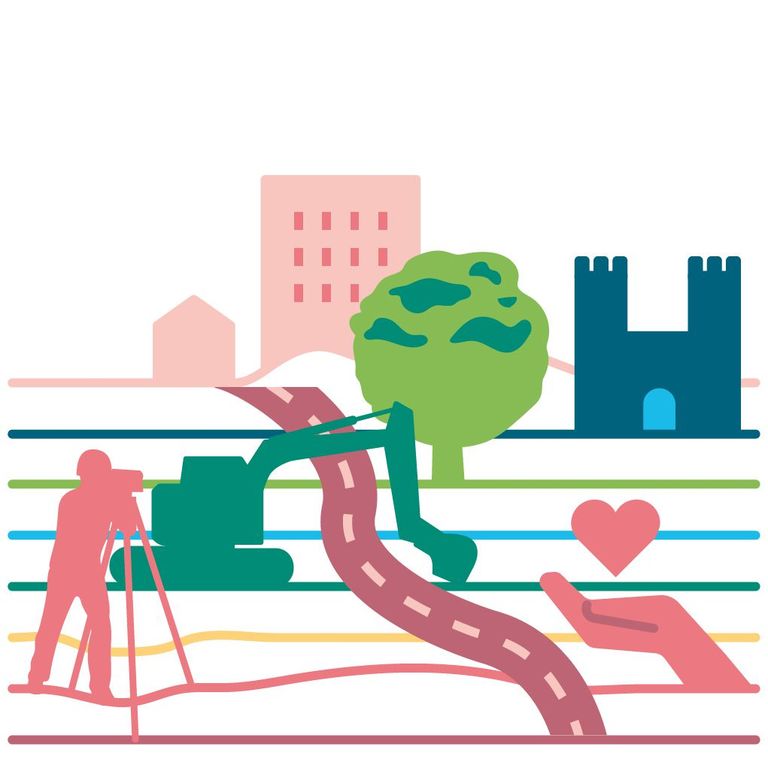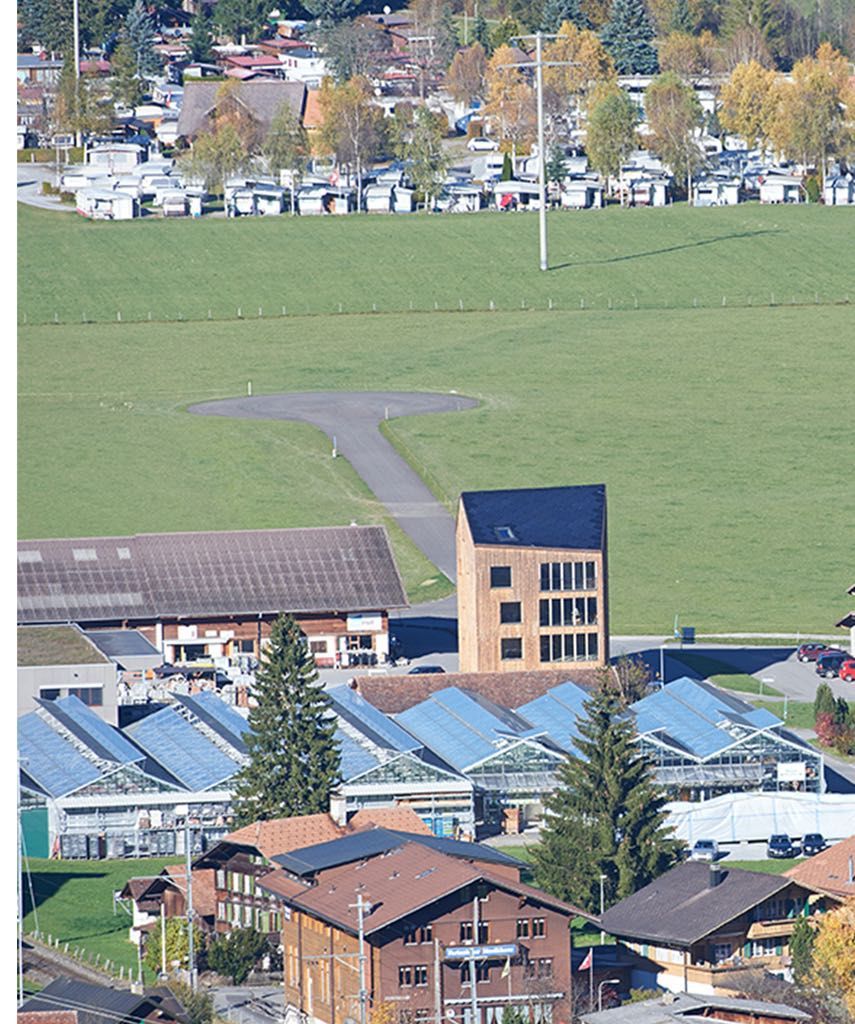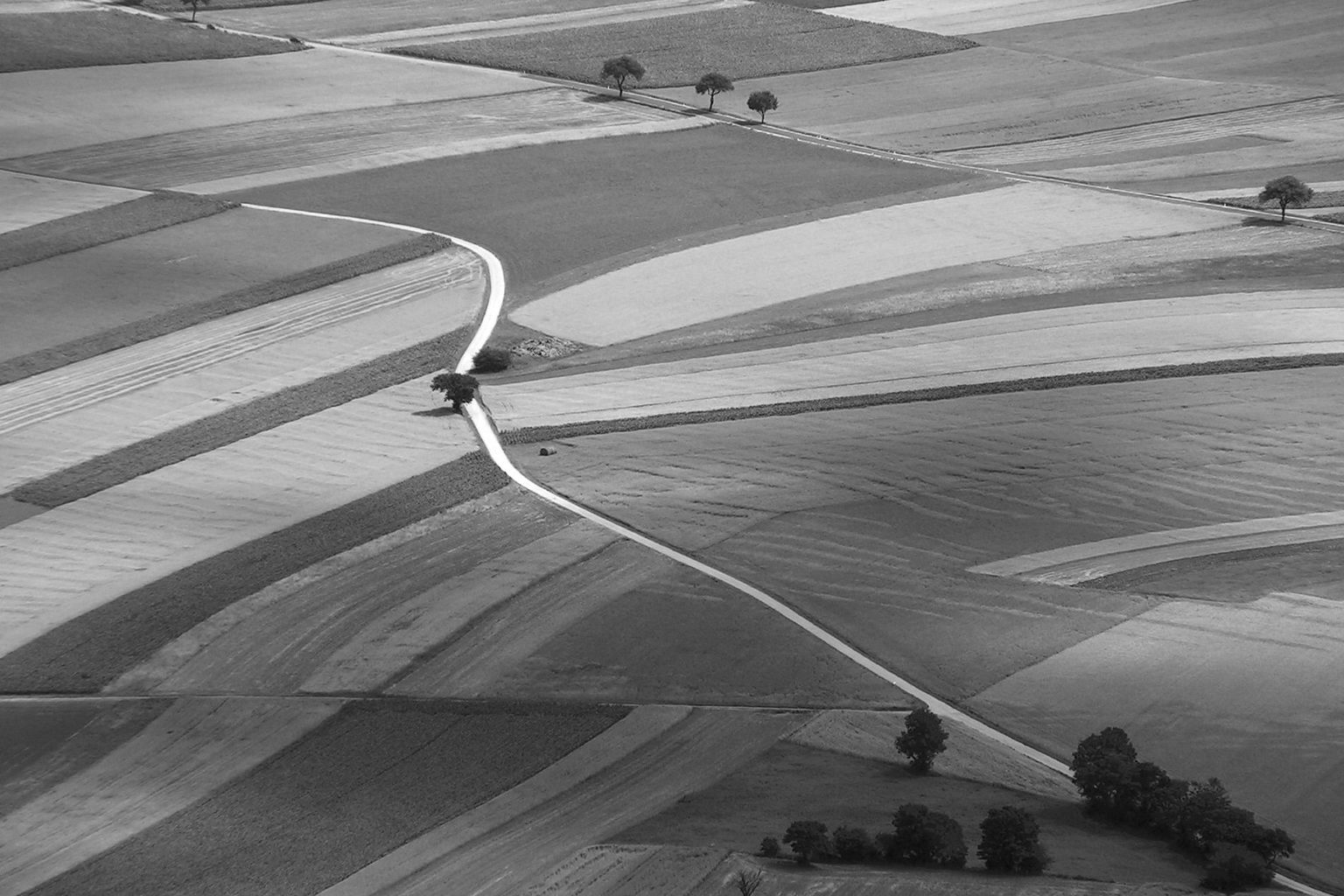Landscape Culture

Why does hardly any discourse focus on the fact that protecting, using and developing landscapes requires an advanced culture of social interaction with landscape? This culture has to be negotiated between experts on the one hand, and political circles and various sectors of the public on the other. Landscape Culture integrates demographic and socio-cultural developments as well as trends in nutrition and agriculture.
Authors: Bernhard Tschofen (UZH), Peter Wullschleger (BSLA/FSAP), Marcel Hunziker (WSL), Matthias Stremlow (BAFU), Urs Steiger (steiger texte konzepte beratung), Roger Wehrli (economiesuisse)
Projects/Events
Notes: In its five core topics (Landscape and Health, Landscape Culture, Lifestyles and Landscape, Climate Protection and Landscape, and Spatial Relationships), FoLAP has identified aspects where action is most needed in terms of sustainable landscape development. To promote political discourse and the social transformation process, there is a need not only to pool existing knowledge but also to invest more extensive effort in additional research and to step up the dialogue between research and practice. FoLAP understands the core topics as its own mission, and a mission for its community: they therefore appear on FoLAP's agenda as an invitation to institutions and players to become actively involved in these topic areas.
Political and economic relevance and topicality of the subject
Relevant key questions



